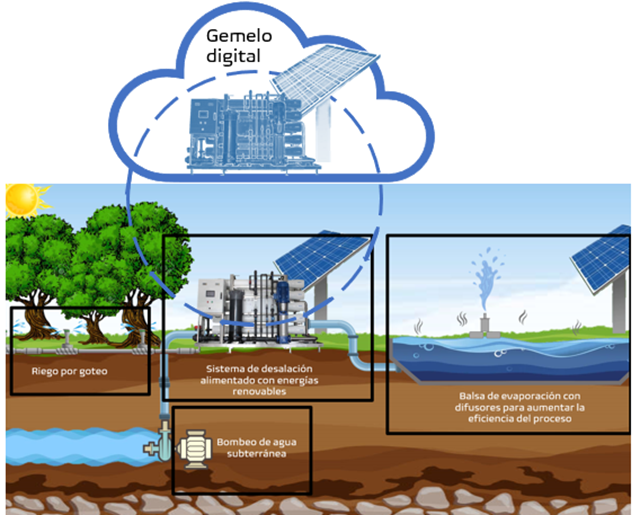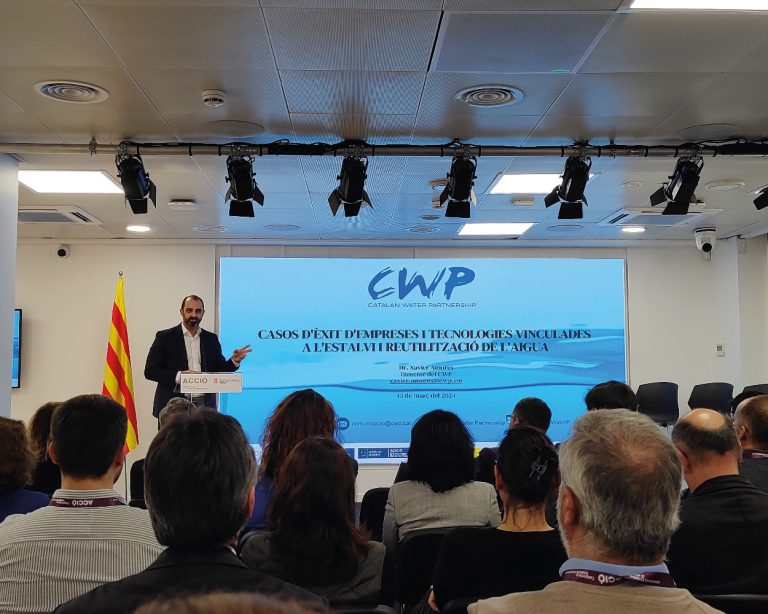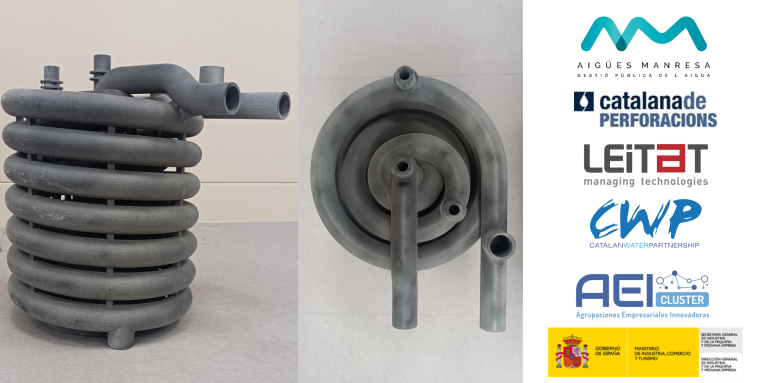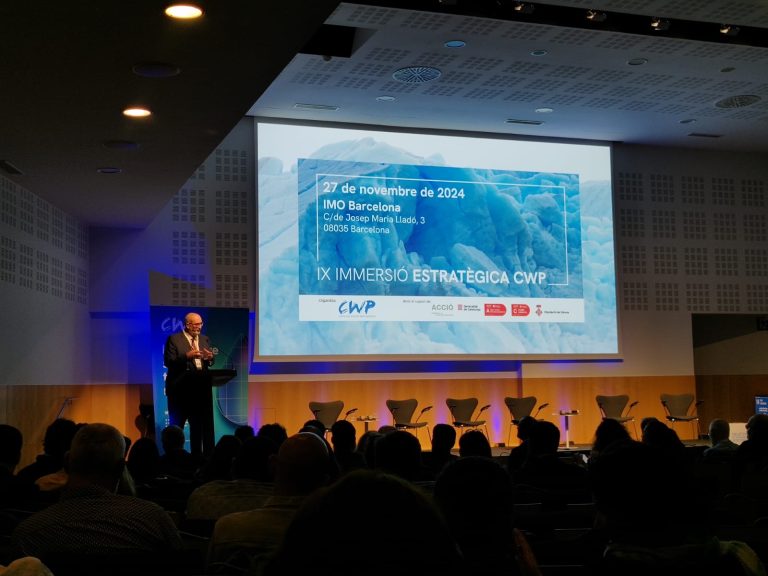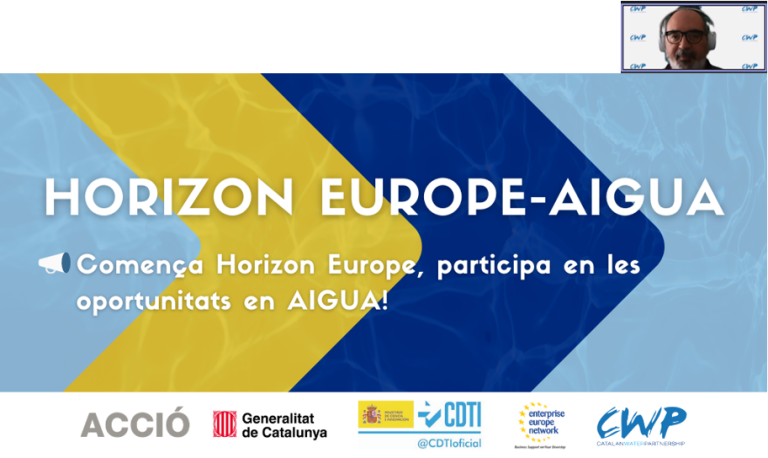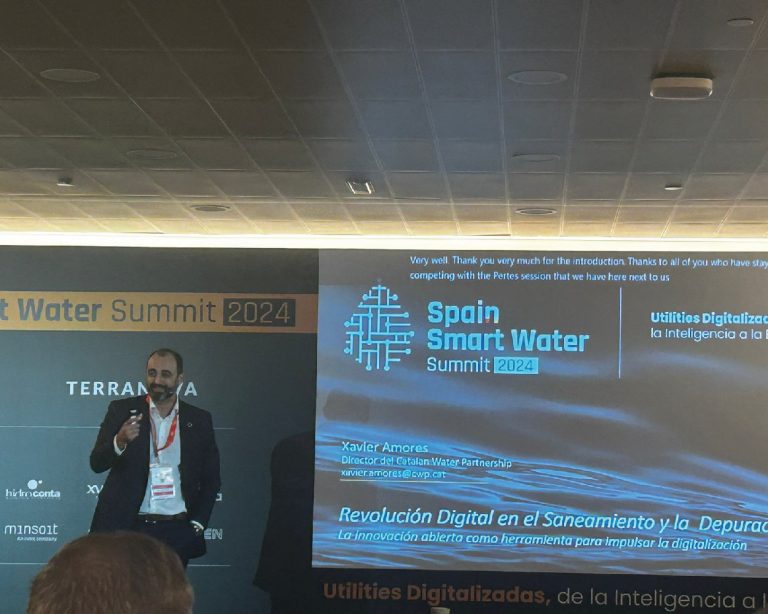THE SALWATERTWIN PROJECT PROPOSES AN INNOVATIVE SOLUTION FOR LOCAL SALINE GROUNDWATER TREATMENT
SALWATERTWIN (AEI-010500-2022-60), an industrial research initiative, aims to design and validate at laboratory scale a small semi-autonomous plant operating at low power consumption using solar energy and in a decentralised way to deal with the problem of salinity in groundwater. The design of the plant will incorporate a digital twin that will allow intelligent management as efficiently as possible and will be able to take into account all the parameters that can occur in a real environment.
Saline intrusion into aquifers is an increasingly frequent phenomenon, often caused by the overexploitation of groundwater, which compromises the availability of this resource with the minimum quality margins for agricultural use. At present, the opportunities for implementing desalination systems on a medium or small scale have not been sufficiently explored and the technologies have generally been applied to large-scale plants and for generating water for urban or domestic use. In this context, the adoption of desalination technologies for groundwater for agricultural purposes is an emerging opportunity. Therefore, this industrial research study aims to study the applicability of these technologies in small and medium-sized plants and to generate good quality water for irrigation from groundwater with high salinity. The application of photovoltaic panels will reduce plant operating costs related to energy consumption. Furthermore, the other highly innovative element of the SALTWATERTWIN project is the development of a digital twin (digital twin) applied to the treatment plant to optimise the design prior to the construction of the pilot, and later on, the operations, guaranteeing an efficient management of the plant and a reduction of the associated costs.
The project will be divided into a total of two phases: the first, currently in progress, which will end in December 2022 and, during 2023, a development phase will begin with the construction of a pilot plant that will allow the solution to be tested and demonstrate its technical and economic viability. The final objective, at the end of the two phases, is to obtain a small, containerised plant that can be transported and operated on small or medium-sized farms, with a built-in digital twin.
The SALTWATERTWIN project has been funded by MINCOTUR in the first call for AEI 2022, is coordinated by CWP and is participated by Keiken Engineering, Eurecat, Protecmed and SPIN.
